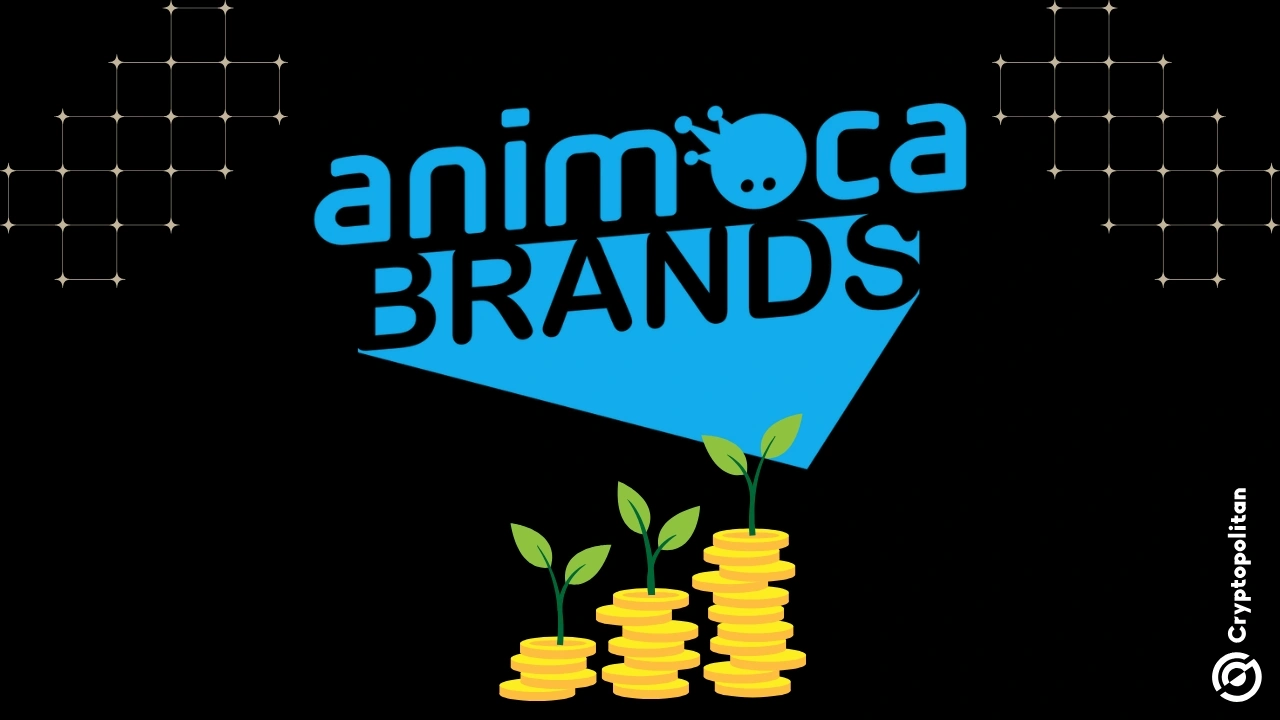Coinspeaker
Infura Network Partners with Microsoft and Other Top Tech Firms to Create Decentralized Web3 Infrastructure
Infura, the Web3 infrastructure firm from Consensys, has just entered into multiple partnerships with Microsoft and Tencent. The move, which appears to be in line with its vision of achieving progressive decentralization, also saw it tap 16 other Web2 giants alongside the leading technology giants.
Infura to Launch a DIN
Infura announced the partnership during a Decentralized RPC Summit in Istanbul on Wednesday. According to the announcement, it will use the partnership to launch a Decentralized Infrastructure Network (DIN).
? Exciting news from the 2023 Decentralized RPC Summit, Istanbul ??@EFDevconnect
For the first time, Infura is revealing the partners behind the Decentralized Infrastructure Network, also known as DIN. ? pic.twitter.com/1MgnF3UEy6
— Infura (@infura_io) November 15, 2023
For what it’s worth, the Infura network is arguably Ethereum’s main point of access. At least, for the larger percentage of the decentralized finance (DeFi) sector. However, before now, there was the problem of centralization in that it was single-handedly controlled by Consensys. This meant that it handled all of the costs and the complexities of running the network alone.
However, with the new DIN, which is slated to be launched in Q4, Infura expects that all limitations will be broken, thereby giving rise to a more flourishing ecosystem.
About the partnerships, the senior product manager at Consensys, Andrew Breslin clarified that the idea was more about the numbers than the big-name firms that it appears Infura had targetted. He recalls the problems Consensys faced running a service like Infura. He then added that that might now be a thing of the past. Part of his statement reads :
“Now there’s this huge flourishing ecosystem of Web3 infrastructure providers that can provide a service that’s complimentary to Infura.”
To buttress his point, Breslin explained that the DIN has a “failover support” feature for the Ethereum and Polygon networks. This means that in a situation where there is an outage somewhere, traffic can be re-routed to one or many DIN partners. This, he said will result in higher uptime as time progresses.
Room for Improvement
Per Breslin, the current list of partners is not the ultimate one. He shared this while speaking to the 18 pioneering partners of the DIN. He noted that the DIN would remain open to other “highly reliable” internet infrastructure providers.
For now, though, the DIN remains in a temporary centralized state for a trial period called the ‘federated phase,’ says Breslin. But, eventually, it would be governed as a kind of decentralized autonomous organization. That is a structure where every partner wields equally significant influence over the network.





